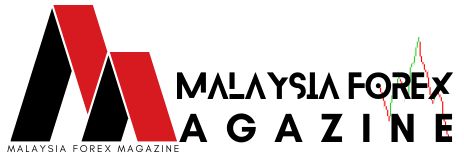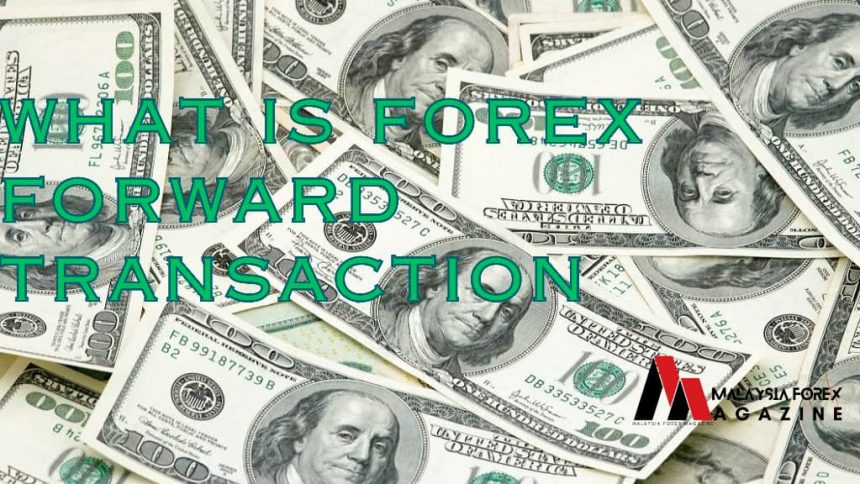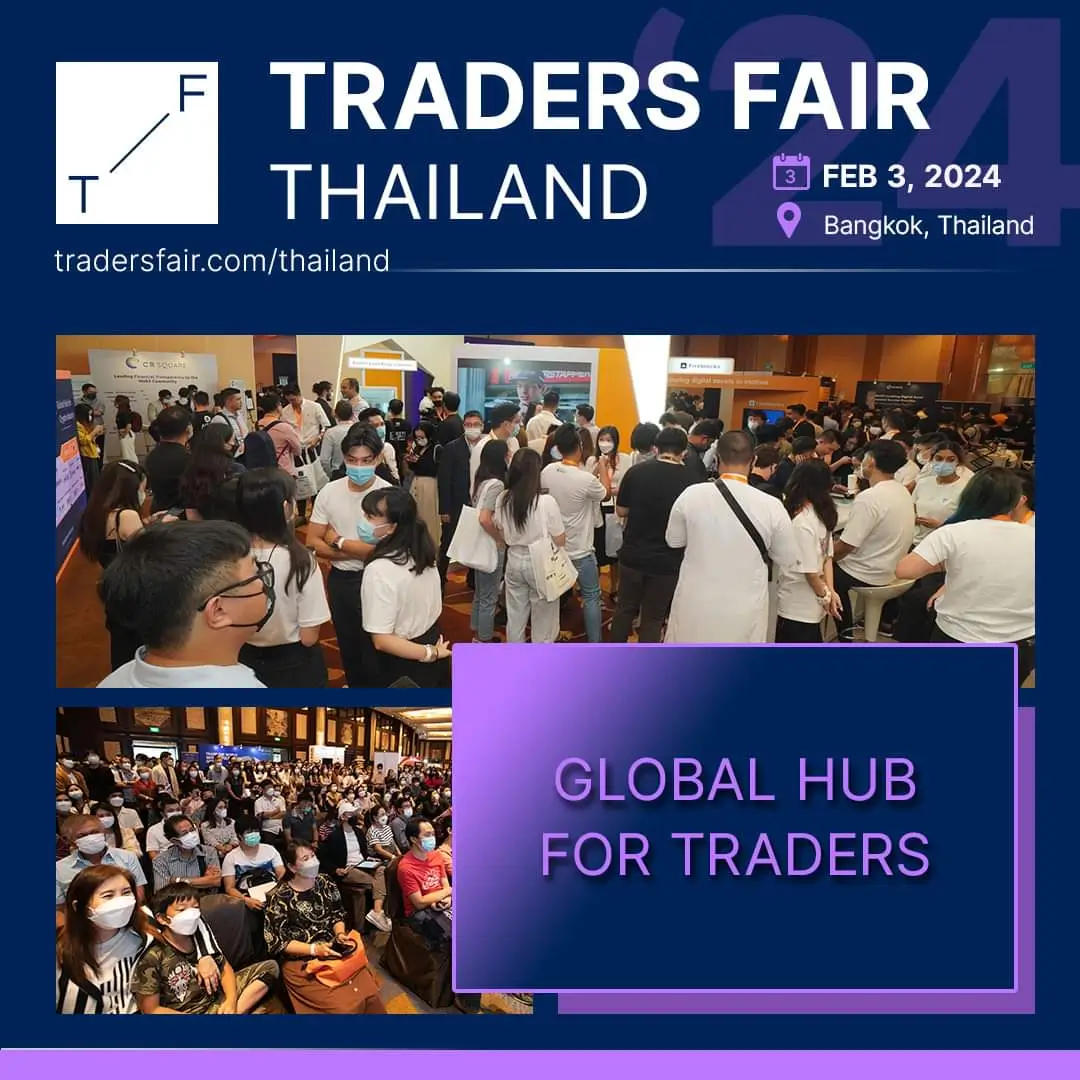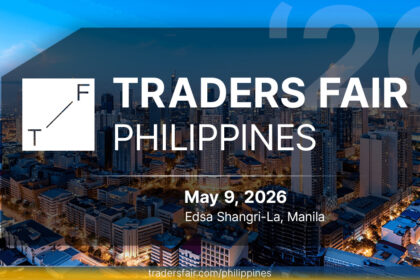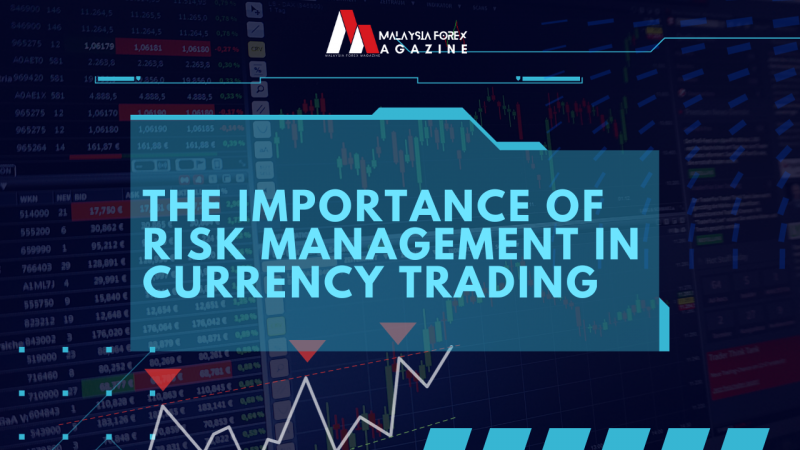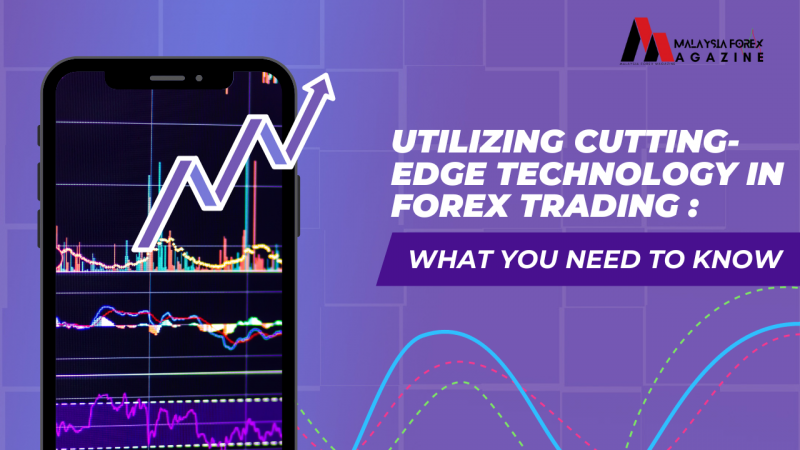Forex forward transactions involve an agreement to exchange a specific amount of currency at a future date, at a predetermined exchange rate. These transactions are commonly used by businesses and investors to hedge against currency fluctuations or to lock in a future exchange rate.
Here’s how they generally work:
- Agreement: Two parties agree to exchange a specified amount of currency at a future date, known as the maturity or settlement date.
- Exchange Rate: They also agree on the exchange rate at which the currencies will be exchanged on the maturity date. This rate is fixed and agreed upon at the time of the contract, regardless of the current market rates.
- No Immediate Exchange of Funds: Unlike spot transactions (where currencies are exchanged immediately), in a forward transaction, no money changes hands at the time of the agreement. Instead, the exchange occurs at the maturity date.
Forex forward contracts can be used for various reasons:
- Hedging: Businesses involved in international trade can use forward contracts to hedge against currency risk. For example, if a company knows it will receive payment in a foreign currency in the future, it might enter into a forward contract to lock in the exchange rate and protect against adverse currency movements.
- Speculation: Investors might use these contracts to speculate on future currency movements. If they expect a currency to appreciate, they can lock in a forward contract at the current rate, aiming to benefit from the future difference between the contracted rate and the actual higher rate.
- Arbitrage: In some cases, forward contracts can be used in arbitrage strategies to profit from differences in rates between the spot and forward markets.
While forward contracts can mitigate risk, they also carry some downsides. They are binding agreements, so if the market moves in a direction unfavorable to the contracted rate, the parties are still obliged to execute the trade at the agreed-upon rate, potentially resulting in losses compared to the prevailing market rates.
It’s important to note that forward contracts are often customized and traded over-the-counter (OTC) rather than on centralized exchanges, making them flexible but also potentially less regulated and more exposed to counterparty risk.
